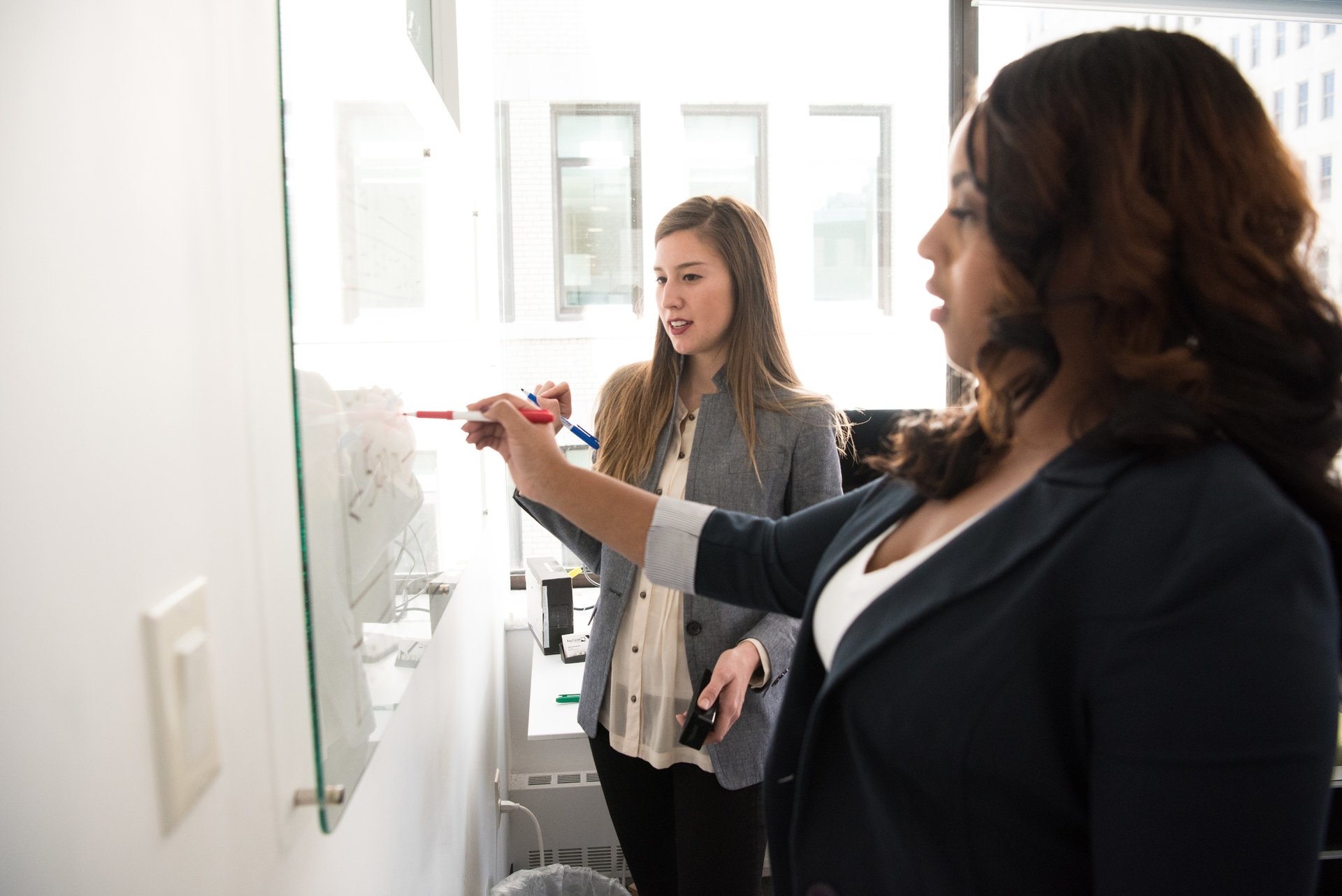Understanding and Developing Cultural Competence
In this lesson, you’ll learn what it means to be culturally competent and why it’s advantageous. Then, you’ll learn techniques for developing greater cultural competence in all facets of your organization.
Course Length: 9 minutes
In this lesson, you’ll learn what it means to be culturally competent and why it’s advantageous. Then, you’ll learn techniques for developing greater cultural competence in all facets of your organization.
Course Length: 9 minutes
In this lesson, you’ll learn what it means to be culturally competent and why it’s advantageous. Then, you’ll learn techniques for developing greater cultural competence in all facets of your organization.
Course Length: 9 minutes
In this comprehensive lesson, you will gain an understanding of the concept of cultural competence and its significant benefits. The insights provided will equip you with techniques aimed at fostering enhanced cultural competence across various aspects within your organization.
Cultural competence refers to the capacity to effectively engage and interact with individuals from diverse cultural backgrounds. This skill holds substantial advantages, contributing to smoother interpersonal relationships and improved collaboration. Understanding and respecting different cultural perspectives can lead to clearer communication and reduced misunderstandings.
The lesson will delve into practical methods for nurturing cultural competence within your organization. These techniques are designed to be applicable across different areas of your business. By implementing these strategies, you can create a more inclusive environment where diverse viewpoints are valued and integrated.
Recognizing the importance of active listening is a fundamental step in this process. Openly engaging with colleagues from different cultures and genuinely considering their viewpoints can lead to more comprehensive insights and better decision-making. Additionally, developing an awareness of cultural nuances can help prevent unintentional offenses and foster an atmosphere of mutual respect.
Promoting continuous learning is another vital aspect covered in this lesson. Encouraging employees to seek out information about various cultures and customs can contribute to expanding their understanding and appreciation of diversity. This, in turn, can lead to a more harmonious and innovative workplace.
Furthermore, the lesson emphasizes the significance of empathy and flexibility. By putting yourself in others' shoes and being adaptable to different cultural norms, you can build stronger connections and enhance cooperation. These qualities contribute to a positive work environment where everyone feels valued and understood.
In conclusion, this instructive lesson offers valuable insights into cultural competence and its manifold advantages. Through practical techniques and proactive approaches, you can cultivate a workplace that thrives on diversity and collaboration. By fostering cultural competence, your organization can achieve enhanced communication, reduced conflicts, and an overall enriched organizational culture.






